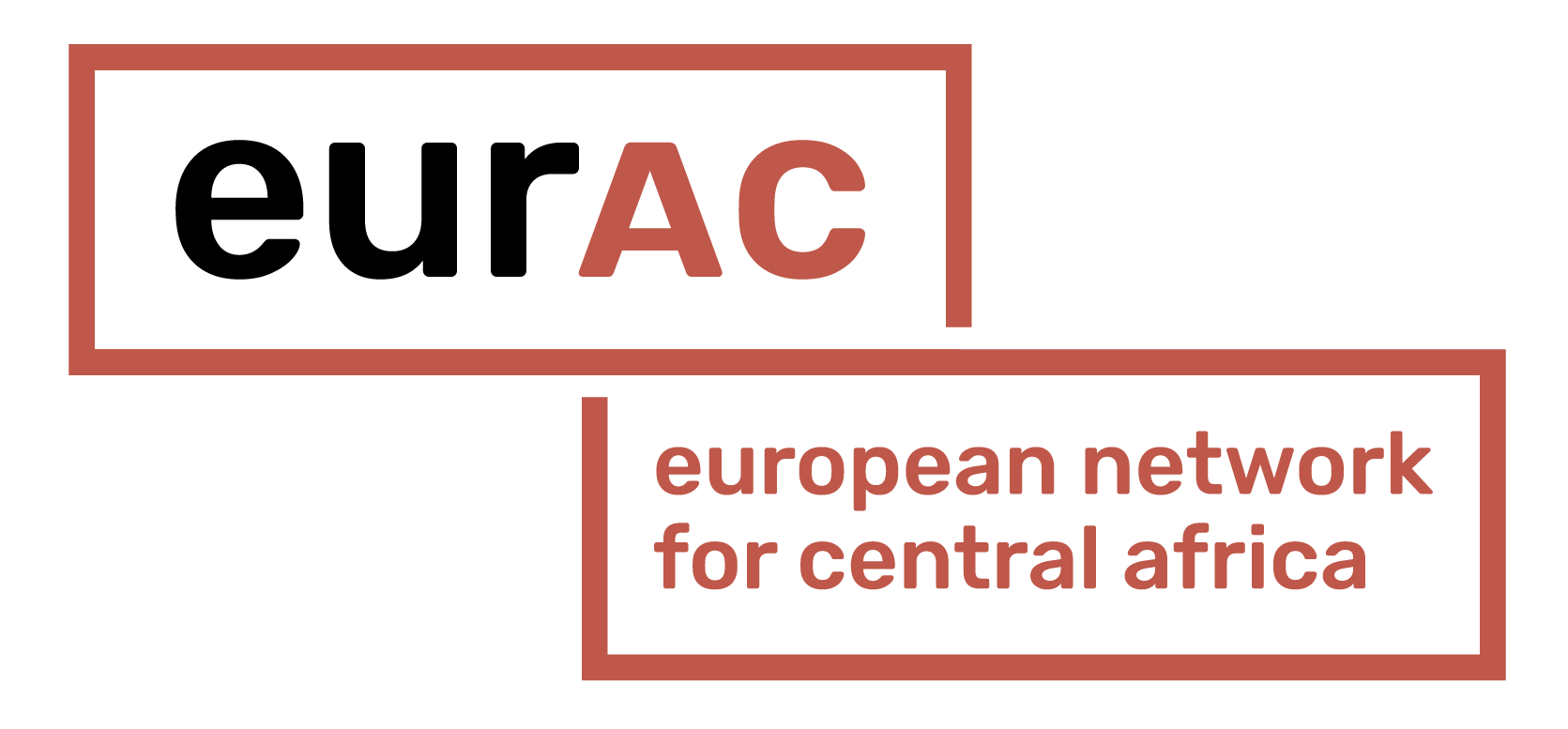Agriculture and food security in Burundi: European donors must support agricultural production and resilience of the population
Press Release
In its latest policy brief “Agriculture and Food Security in Burundi: European donors must help build the population’s long-term resilience and agricultural capacity” the European Network for Central Africa (EurAc) brings attention to the important fall in food security in the country, and calls on the European Union Directorate for Development Cooperation (DEVCO), the European delegation to Burundi and the Swiss Development Cooperation (SDC) to directly support the Burundian population in addressing their food security needs.
In fact, since 2015 Burundi has plunged in a security crisis triggered by President Pierre Nkurunziza’s controversial third mandate and by numerous reports of human rights violations. Moreover, since 2015, the country’s economy has been spiralling down, with an important devaluation of the currency and a decline in the purchasing power of Burundian citizens. Extreme climate events in 2017 and 2016 have further worsened the situation, causing both disruption to local agricultural production and the displacement of the populations concerned. Climate-related displacements add to the population movements triggered by the political crisis, which resulted in about 430 000 people fleeing the country, adding further pressure on agricultural land. The combination of the political and climate crisis has resulted in mounting food insecurity: according to the World Food Programme and to the Burundian government, 45,5% of households in Burundi were food insecure in 2017. In March 2016, the European Union (EU), Burundi’s main development partners, decided to trigger the political dialogue under article 96 of the Cotonou Agreement, resulting in the suspension of all development aid disbursed directly to the government. Other European donors have reconsidered their engagement in Burundi in the domains of land and agriculture.
“While it is important that EU donors’ fund do not contribute to the activities of the Burundian government” said Giuseppe Cioffo, Programme and Policy Officer at EurAc “It is equally important that rural producers and the most food-insecure groups such as displaced persons, both for climatic and political reasons, host communities and the poorest Burundians can continue to sustain their livelihoods in this moment of grave crisis”.
Read here the policy brief in full “Agriculture and Food Security in Burundi: European donors must help build the population’s long-term resilience and agricultural capacity"
For media request and/or more information please contact:
Julie Capoulade - Communications & Advocacy Officer - EurAc
Office: +32 2 725 47 70 // Mobile: +32 499 81 01 77 // julie.capoulade@eurac-network.org

